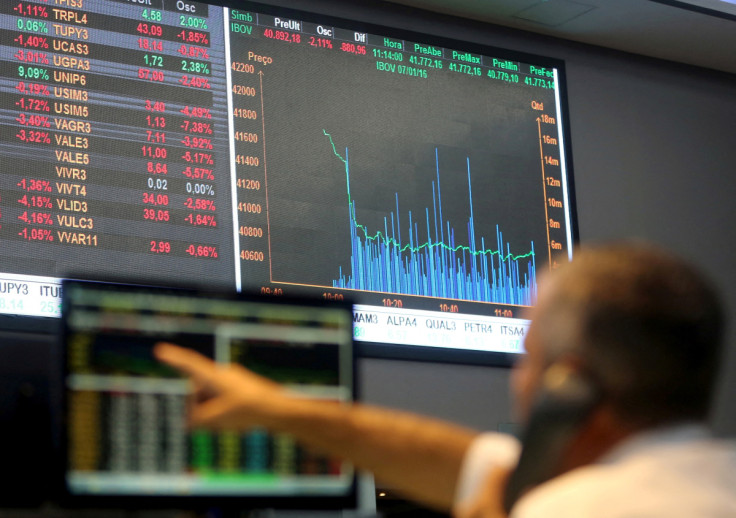Stock Sell-off Ends, On Bargain Hunting, Prospects Of The Santa Claus Rally
After spending most of the week selling off, U.S equity indexes were all over the map on Friday, searching for direction and waiting for the Santa Claus rally.
Traders and investors spent most of the week on the market's selling side, spooked by a wave of negative news.
First came the news out of Tokyo that the Bank of Japan (BOJ) upped the target for the country's long-term interest rates from 0.25 to 0.50%. It's a meager hike compared to the hikes by the Federal Reserve but high enough to send shockwaves throughout the world's financial markets.
Higher Japanese rates fueled fears of an end to the yen carry trade. That's an investment strategy where investors borrow funds in Japan, where interest rates have been near zero, and buy assets in countries with favorable interest rates, like U.S. Treasury bonds. Thus, the sell-off in the U.S. Treasuries and eventually in the U.S. stocks followed the interest rate hike by BOJ.
Second, came the news of weak earnings and Capex cuts out of Micron Technology, which roiled the technology sector. It added to the selling pressure from higher bond yields, fueling another big sell-off in the tech-heavy Nasdaq market.
Third came the final reading of the third quarter GDP, which was stronger than expected. However, it was accompanied by another elevated Personal Consumption Expenditure (PCE) number, confirming the Fed's contention that inflation remains high and more interest rate hikes are in the cards. It, too, added to the sell-off, especially in interest rate-sensitive stocks.
But with valuations declining to more reasonable levels, bargain hunting began to stabilize the market in the early afternoon, aided by the prospect of the Santa Claus rally.
That's a seasonal gain in major equity averages, usually in the last week of December and the first week of the new year. It's attributed to the end-of-the-year bonuses followed by the beginning-of-the-year new money flows. They boost the buying power of individual and institutional investors.
Then there is the absence of corporate news, easing market volatility.
And there's the holiday spirit, which creates a relaxed atmosphere and a positive sentiment among retail traders and investors chasing after momentum stocks. These investors are usually more sentiment-driven than fundamental-driven, as with institutional investors, who have already closed the books before Christmas.
By the end of the trading session, all major equity averages closed higher, putting an end to the sell-offs
Still, traders and investors should temper their enthusiasm for a significant turnaround in the equity markets, as the U.S. economy is still under pressure from rising interest rates. As a result, PNC expects a mild recession starting in the spring of 2023 as the impact of interest rate hikes works its way through the economy.
"Interest-rate sensitive industries like housing, consumer spending on durable goods, and business investment will lead the recession," said Gus Faucher, Chief Economist at PNC Financial Group. "Real GDP will contract about 1%, with the unemployment rate increasing from its current level of 3.7% to 5.5% in the first half of 2024."

© Copyright IBTimes 2024. All rights reserved.





















